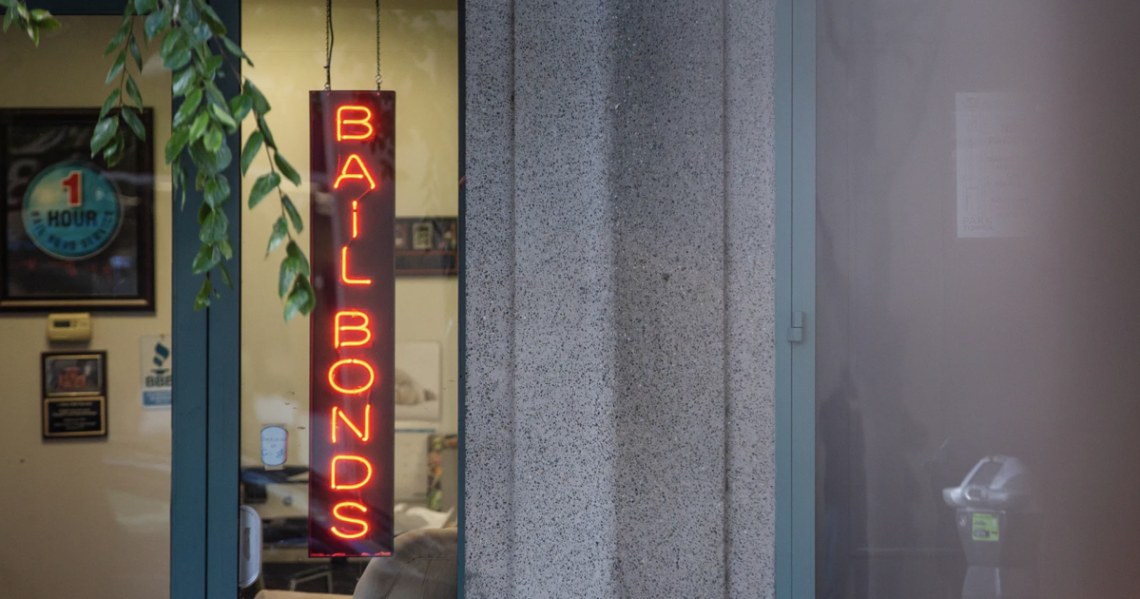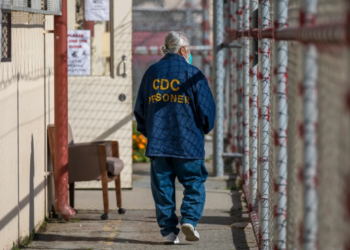By most metrics, Gerald Kowalczyk was a uniquely bad candidate to leave jail before his trial. He had a criminal record of more than 60 convictions, a history of failing to adhere to his release conditions and a pretrial algorithm’s assessment that he presented the highest risk score possible.
A San Mateo Superior Court judge set his bail at $75,000, an amount Kowalczyk, homeless and unemployed, could not pay. The charges were that he used someone else’s credit card to buy a $7 cheeseburger.
He served six months for the 2021 offense, but his case revived California’s long-running debate over bail amounts and it is still playing out. Now, the California Supreme Court is examining his case to decide if it is constitutional for judges to set bail at amounts far higher than a defendant can pay.
The case could help resolve the messy climate around bail in California four years after voters by referendum overturned a law that would have eliminated the cash bail system. Court decisions and a 2008 voter-approved law have created conflicting directives for judges deciding whether they can hold someone before trial at a price tag the defendant cannot afford.
The question for the high court is whether two articles in the California Constitution can harmonize: a defendant’s right to be released on bail except for certain violent or sexual crimes, and a separate article created by the 2008 ballot measure that instructs judges that “public safety and the safety of the victim shall be the primary considerations” in setting bail amounts.
“The fundamental question you have to ask yourself is, is money a good proxy for somebody’s culpability,” said…
Read the full article here







